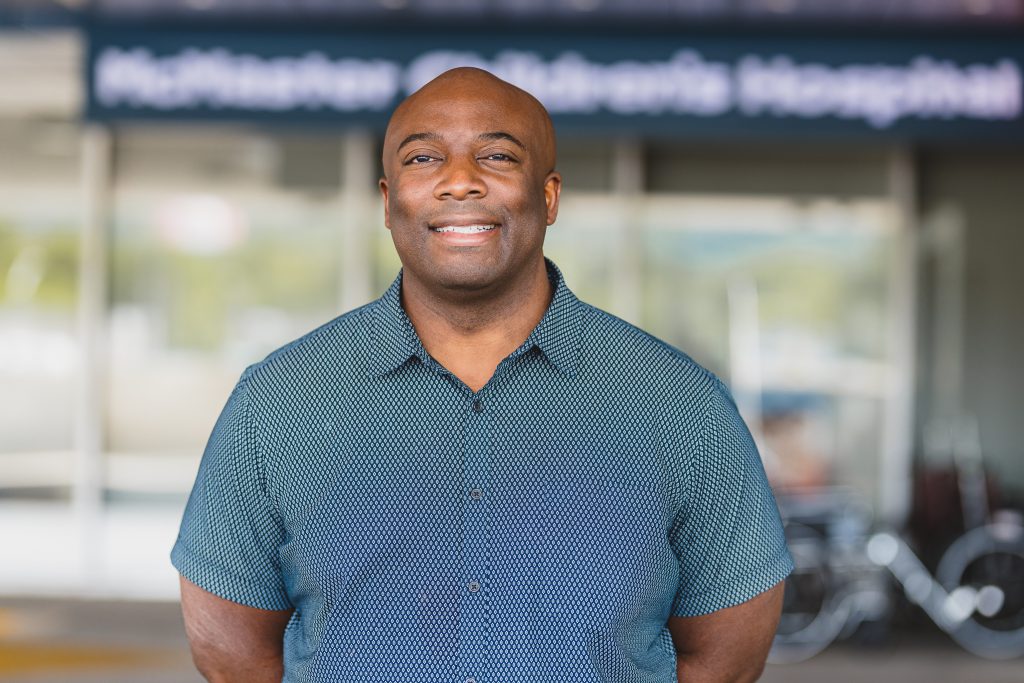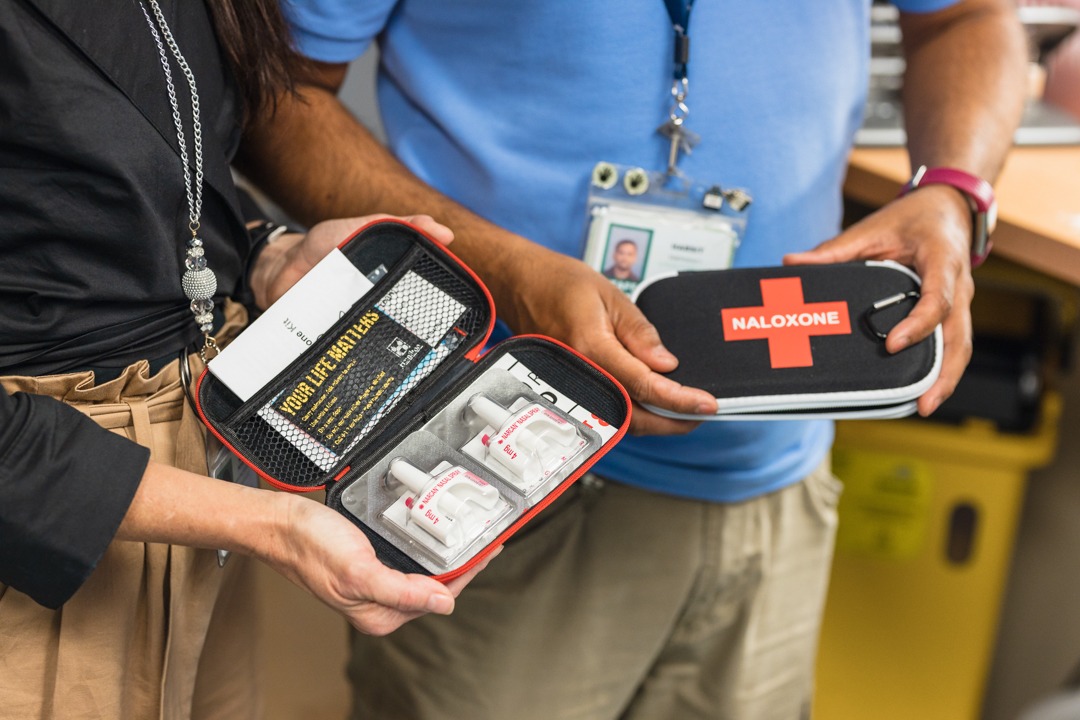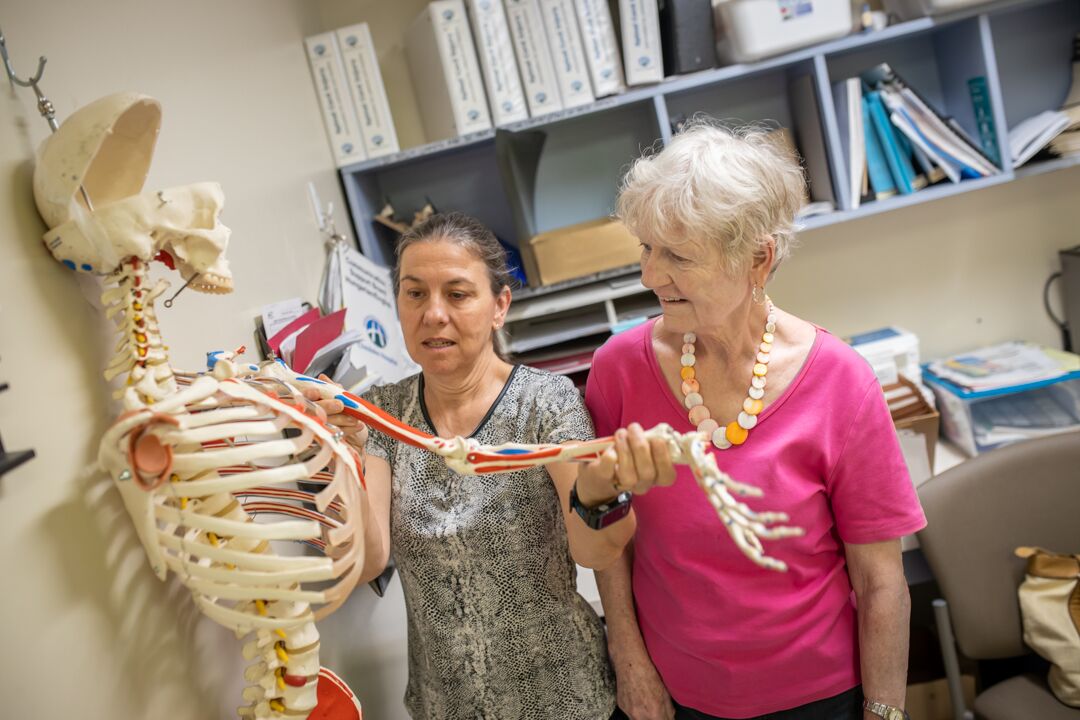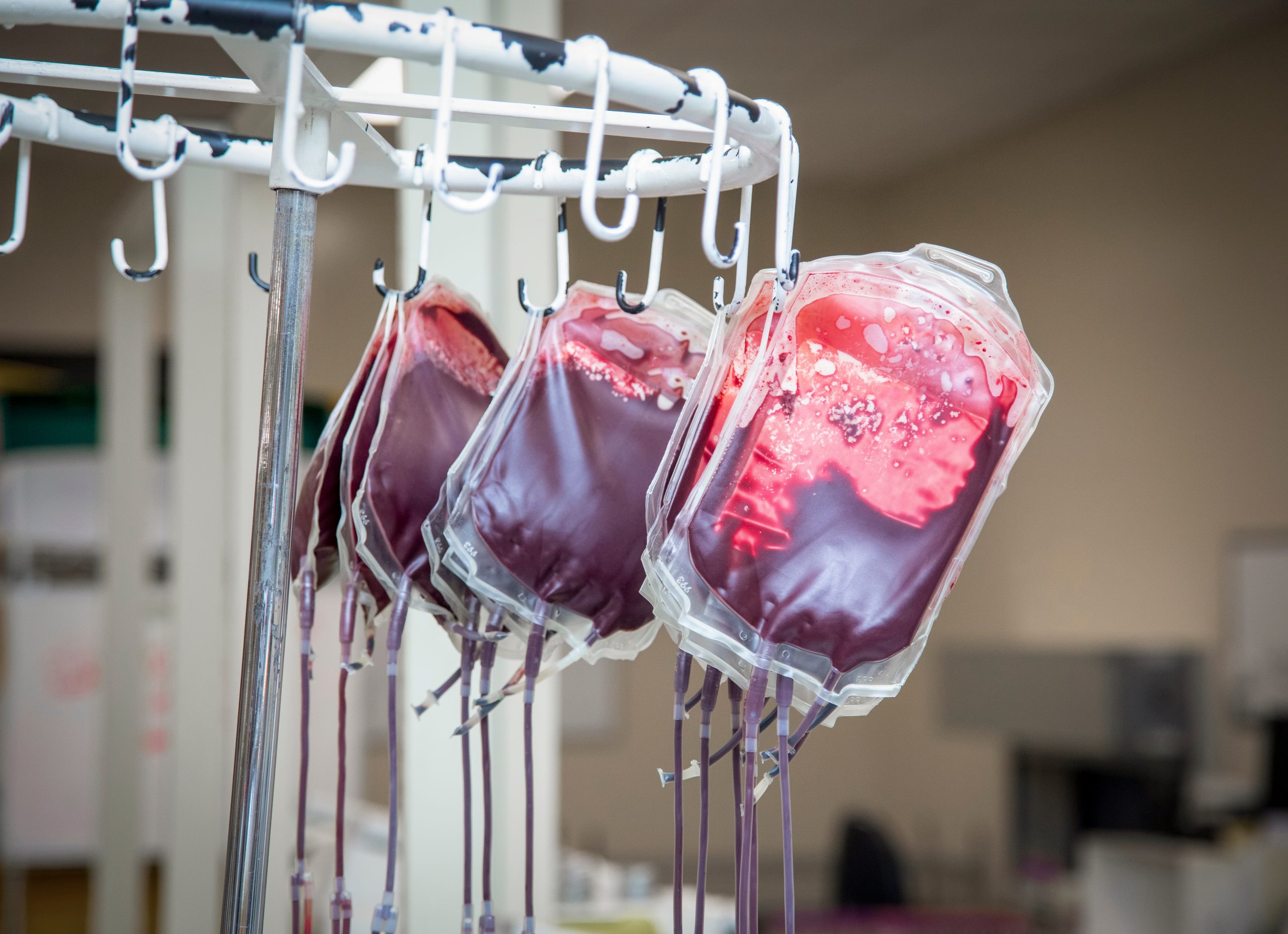
Orthopedic surgery patients can recover without opioid painkillers
Patients can recover from orthopedic surgery just as well without using opioid-based painkillers, says a Hamilton Health Sciences (HHS) and McMaster University study published by the Journal of the American Medical Association (JAMA).
Opioid use is concerning because it can lead to addiction and possibly overdose.
Study results showed that by prescribing a combination of three non-opioid painkillers to patients undergoing knee or shoulder arthroscopic surgery, the amount of opioids consumed over a six-week post-operative period were reduced tenfold without altering pain levels.
“By switching to non-opioid painkillers after surgery, we can play our part in combatting the ongoing opioid epidemic.”
“This study clearly shows that many of these surgical patients can be treated safely without opioid medications,” say Dr. Olufemi Ayeni, co-principal investigator of the study, orthopedic surgeon at HHS and professor of surgery at McMaster. “By switching to non-opioid painkillers after surgery, we can play our part in combatting the ongoing opioid epidemic and reducing the risk of dependency in patients recovering from orthopedic surgery.”
Reducing the amount of opioids prescribed
Opioids are currently the most prescribed post-operative painkiller for orthopedic specialists in Canada and the United States, but North America’s ongoing opioid epidemic is forcing a rethink among clinicians. Ayeni adds that sometimes orthopedic specialists prescribe more opioids than recommended by medical guidelines in order to manage the patient’s pain.
Ayeni says it’s estimated that more than one million orthopedic surgeries were performed annually in the United States from 2006 to 2016, while there are at least 100,000 of these surgeries occurring in Canada each year.
“By shifting prescription practices we can reduce patient exposure to opioids,” he says. “Furthermore, by reducing the number of opioids prescribed, we can collectively reduce the development of a reservoir of unused medications that can cause harm to many others in society.”
Success in Hamilton
The study enrolled 193 patients between March 2021 and March 2022 from three Hamilton hospitals including HHS’ McMaster University Medical Centre and Hamilton General Hospital, as well as St. Joseph’s Healthcare Hamilton.
“By shifting prescription practices we can reduce patient exposure to opioids.”
Participants were randomly assigned to either a control group receiving standard opioid-based painkillers or an opioid-free group receiving a combination of naproxen, acetaminophen and pantoprazole and a patient educational infographic. The opioid-free group did have access to opioid medication if required for pain.
Each patient undergoing outpatient knee or shoulder arthroscopic surgery was monitored for six weeks after their operation. After the six weeks, those in the control group had taken an average of 72.6 mg of opioids, compared to 8.4 mg in the opioid-sparing group. There was no significant difference in pain scores, patient satisfaction with care and number of adverse events between the two groups.
Co-investigators with Ayeni are Drs Nolan Horner, HHS orthopedic surgeon, Seper Ekhtiari and Aaron Gazendam, both HHS orthopedic surgery residents. Together, they hope these findings will have an impact on the standard prescription practices for orthopedic surgery in Canada and the United States.
Funding for the study was received from Physician Services Incorporated and the Hamilton Health Sciences New Investigator Fund.




